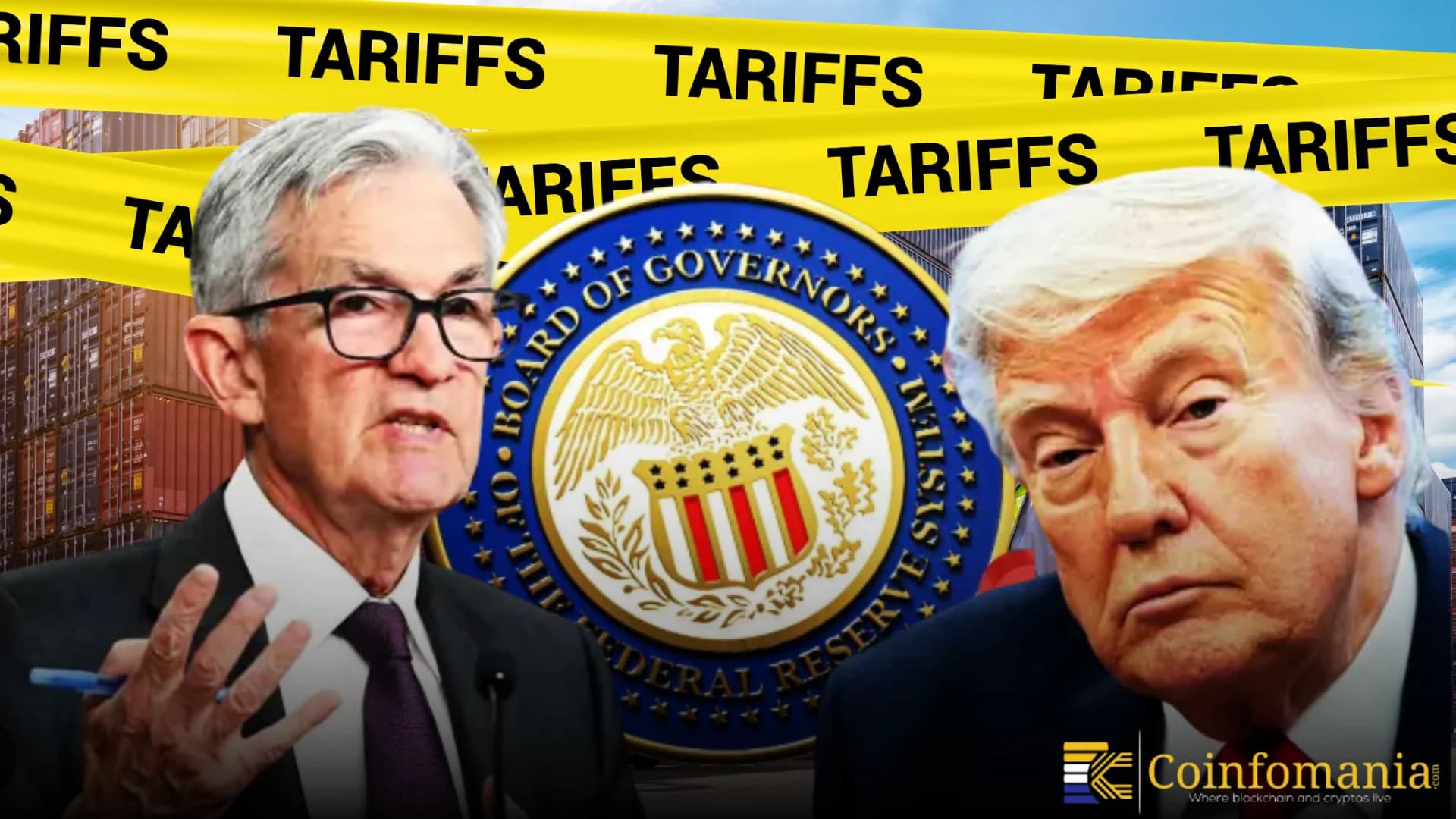Vietnam Launches First National Crypto Trading Pilot
Vietnam launches its first national crypto trading pilot with strict rules, high capital requirements, and asset backed tokens.

Quick Take
Summary is AI generated, newsroom reviewed.
Vietnam launches first national crypto trading pilot with strict rules
Exchanges need 10 trillion dong capital making entry barriers extremely high
Only asset backed tokens are permitted for crypto trading in Vietnam
Seventeen million citizens already hold over 100 billion in digital assets
Vietnam uses regulation to control crypto trading while encouraging growth
Vietnam just moved from years of hesitation around crypto to a very tightly controlled experiment. The government has rolled out a five-year pilot program to create a national framework for trading digital assets. The rules look strict from the start. All transactions must use Vietnamese dong. Only local companies can operate exchanges. Foreign investors can participate, but they can’t own more than 49 percent of any platform. That tells you the state wants adoption, but only under its own terms.
Strict Rules Shape Vietnam’s Crypto Trading Framework
The entry barriers are massive. Any company that wants to run an exchange needs a minimum capital requirement of 10 trillion Vietnamese dong, which is roughly 379 million dollars. On top of that, most of the money has to come from institutional players, and banks or securities firms need to hold a significant share. This isn’t a setup for small startups. It looks like Vietnam is trying to ensure that only heavyweight institutions with reputations to protect are involved, which could limit risks but also make the market less diverse.
Asset Backed Tokens Only Allowed in Crypto Trading
Another striking feature is the asset backed rule. Only tokens tied to real physical assets are allowed. No stablecoins tied to fiat currencies, no purely speculative play. Vietnamese companies can issue these digital assets, but only to foreign investors. Domestic users can trade but can’t issue tokens themselves. That decision shows how the government is separating domestic activity from international inflows, while still making room for foreign capital to enter the market in a controlled way.
Crypto Adoption in Vietnam Reaches Millions of Users
The scale of crypto adoption in Vietnam makes this shift even more interesting. Roughly 17 million people already hold digital assets worth over 100 billion dollars. That’s nearly a fifth of the population, ranking the country among the top five globally for crypto usage. Until now all of that happened in a gray area, but this pilot gives people six months after the first license is issued to move their holdings onto regulated platforms. After that, unlicensed trading will be illegal. The penalties aren’t fully defined yet, but the message is clear.
Digital Assets Law and Blockchain Strategy in Vietnam
This program isn’t happening in isolation. Vietnam passed its Digital Assets Law in June, which comes into effect in January 2026. Blockchain is also officially marked as a priority sector for the economy. The state is using regulation as a way to manage innovation rather than suppress it. Partnerships like the one between South Korea’s Upbit and Vietnam’s Military Bank suggest global exchanges see opportunity, but they’ll have to play by Vietnamese rules.
Comparing Vietnam’s Crypto Trading Model Globally
Globally, Vietnam’s model looks different from other paths. El Salvador went all in on Bitcoin as legal tender. The UAE leaned on tax incentives to attract crypto wealth. Singapore set up strict licensing frameworks, while Switzerland built an innovation hub in Zug. Vietnam’s version is much less about free markets and more about channeling activity into a national system that prioritizes stability and control.
The long term impact will depend on whether this strict approach can actually foster innovation. A capital requirement of 10 trillion Vietnamese dong could scare off agile players that normally drive progress, but it could also attract a different kind of credibility. If the pilot succeeds, it could become a template for other Southeast Asian countries that want the benefits of digital assets without the volatility. For now, it’s a reminder that the future of crypto will look very different depending on where it is being built.
Follow us on Google News
Get the latest crypto insights and updates.


